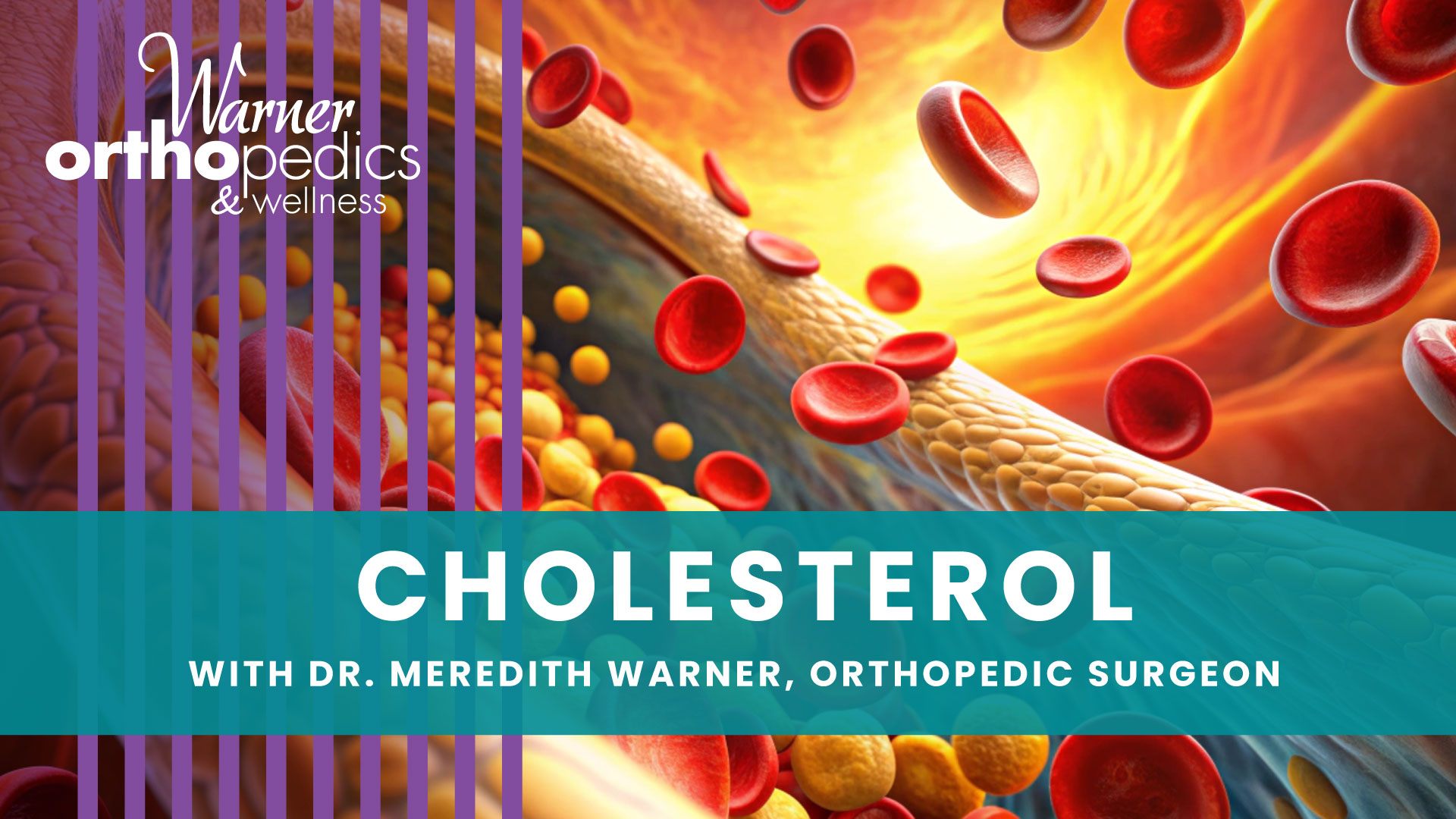5 Steps To Stop Muscle Cramps

Muscle cramps can strike unexpectedly, causing moderate to intense pain. Most commonly, these muscle cramps affect the feet and legs, though pain can also strike in the abdomen, hands, and arms. What causes these spasms, and what can you do to prevent them?
WHAT CAUSES MUSCLE CRAMPS?
A muscle cramp occurs when the tissue contracts tightly and painfully. This can happen suddenly and may last up to a few minutes. Several factors can encourage muscle cramps, ranging from a build-up of lactic acid, dehydration, overuse, and strain.
Pregnancy, poor blood flow, and unhealthy lifestyle choices can trigger the onset of muscle cramps. Imbalances of electrolytes, vitamins, and minerals also trigger these events.
Muscle cramps can be prevented by incorporating a few healthy choices into your daily routine. Here are five tips that can help to alleviate cramps:
1. Drink more water.
It is important to hydrate to help prevent muscle cramps. Caffeine and alcohol can have adverse effects and can increase their frequency. Instead, drink at least sixty-four ounces of water each day to promote overall health and keep your muscles hydrated and cramp-free. This is something you hear over and over again, we know, but it is absolutely necessary to stay well-hydrated for proper connective tissue and muscle function.
2. Stretch and exercise.
Make sure to stretch before and after exercise to warm up your muscles and ward off unwanted strain and overuse during your workout. Stretching can help to alleviate muscle tightness and relieve tension. Stretching again before going to bed can help to relax your muscles, prevent nighttime muscle cramps, and even help improve your overall quality of sleep. Stretching before warming up should be gentle and mindful of the stiffness of the body; better stretches are usually achieved after a good warm-up.
3. Warm-up your muscles.
Heat helps to alleviate muscle tension. Whether you take a hot soak in the bath, apply a warm compress, or use a heating pad on your tight muscles, the higher temperature will help to relax your muscle and increase blood flow. Also, gentle exercise is a great way to warm up muscles and allow better stretching; even just a walk around the block can be enough.
4. Eat more veggies.
Fruits and vegetables supply your body with much-needed vitamins and minerals that keep the body and immune system functioning properly. Avocados, sweet potatoes, pickles, and kale are all rich in calcium, magnesium, sodium, and potassium which help to ward off painful cramps. Milk, salmon, nuts, orange juice, and bananas are also fantastic sources of these necessary minerals.
5. Supplement your nutrition as needed.
Magnesium and potassium deficiencies have been linked to muscle cramping. Add foods to your diet that are rich in these minerals, or add a daily supplement into your routine. If you are pregnant, make sure to consult first with your personal physician before taking supplements.
FIND RELIEF AT WARNER ORTHOPEDICS & WELLNESS
At Warner Orthopedics & Wellness, we are dedicated to helping you feel better faster. We can help you to pinpoint the root cause of your muscle cramps to ensure that you are not suffering from another underlying condition.
Our doctors are ready to help you find the best method of relief catered to your symptoms and needs so that you can get back to doing what you love, pain-free.
Contact us today to schedule an appointment:





